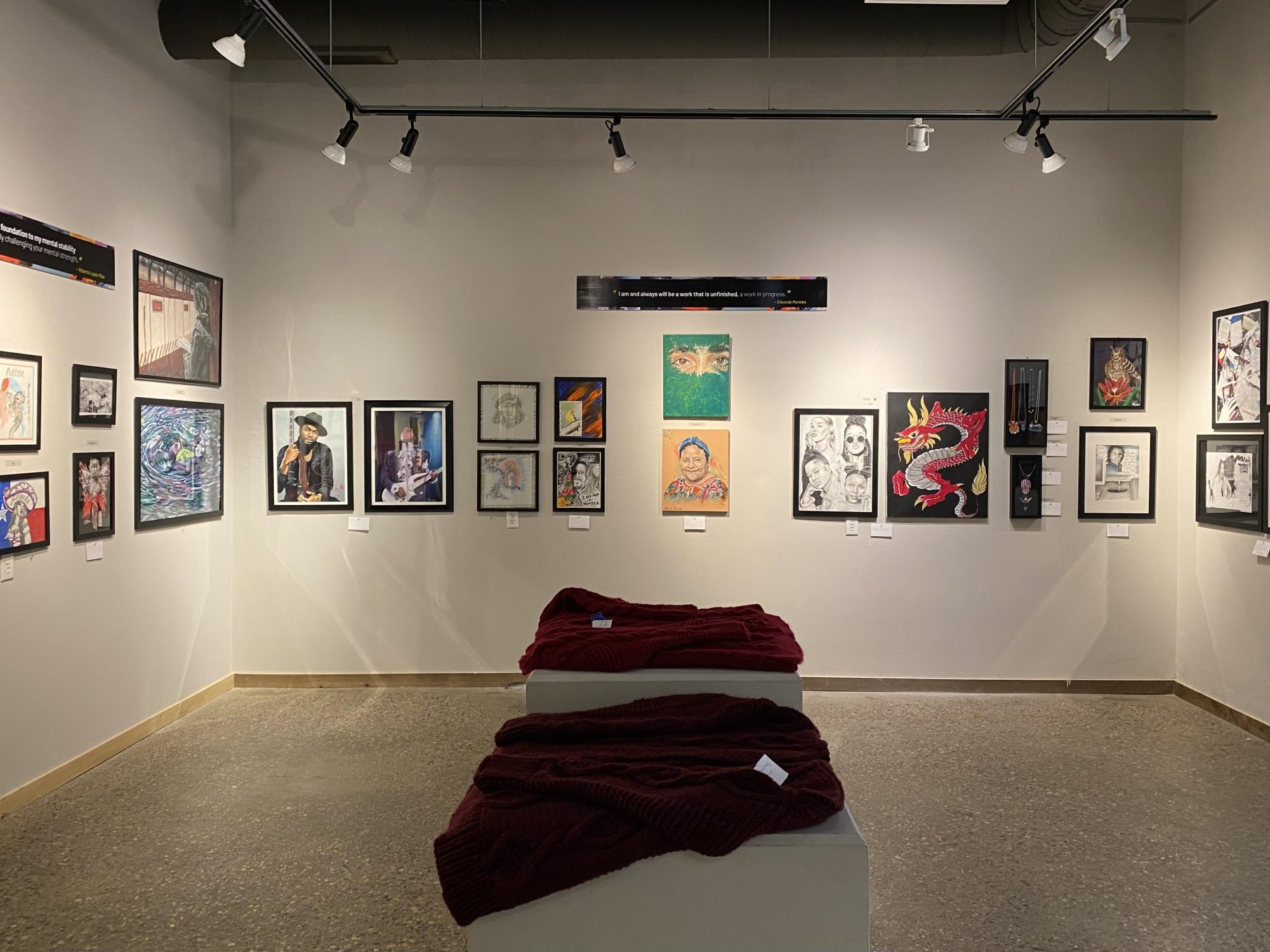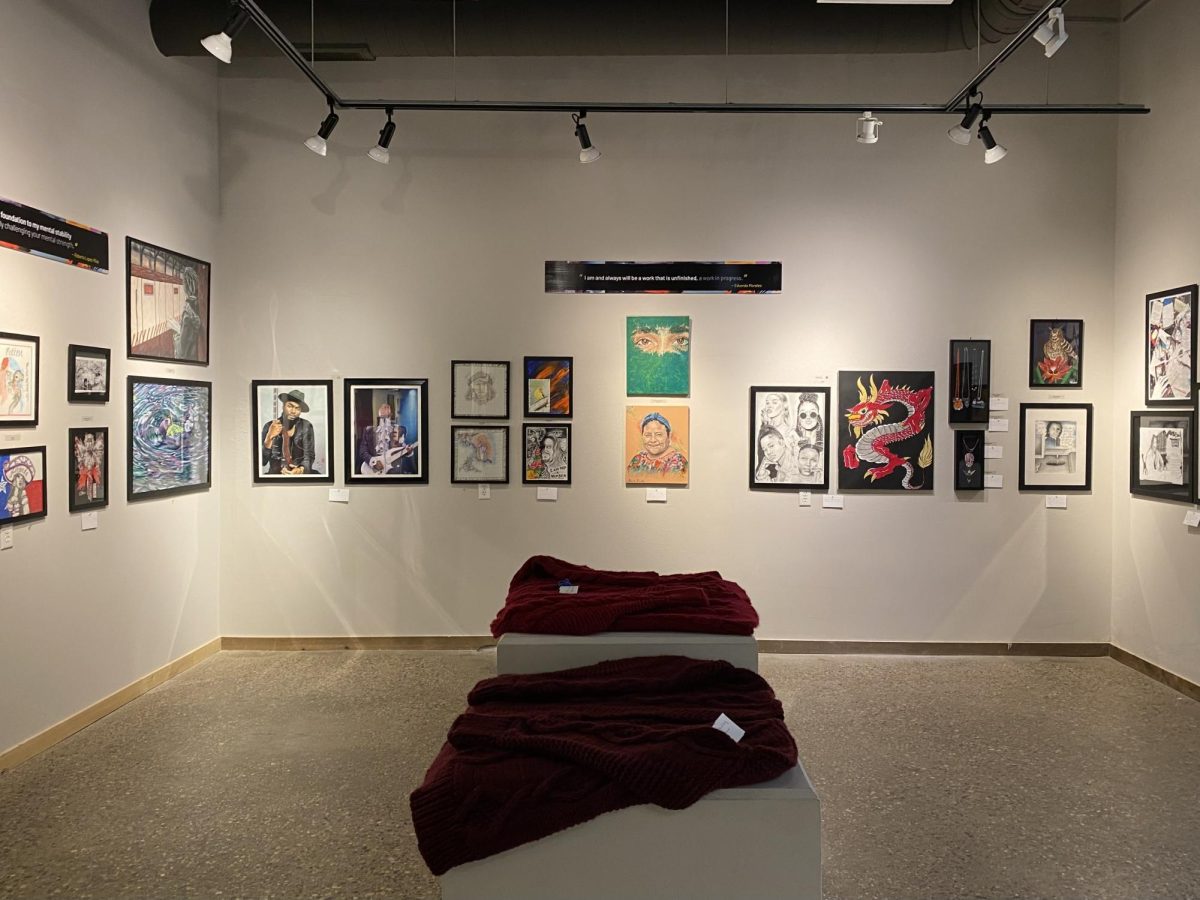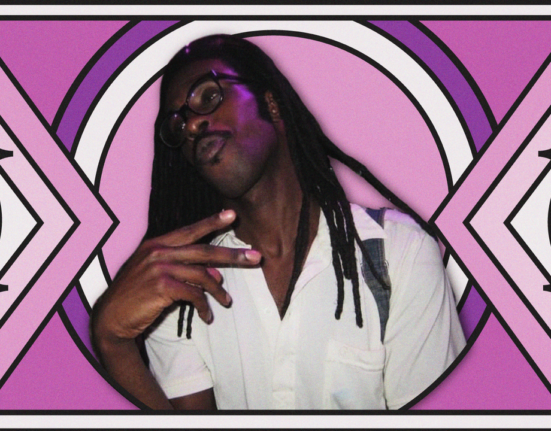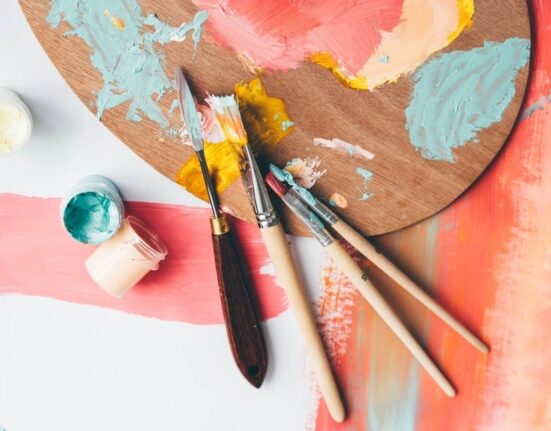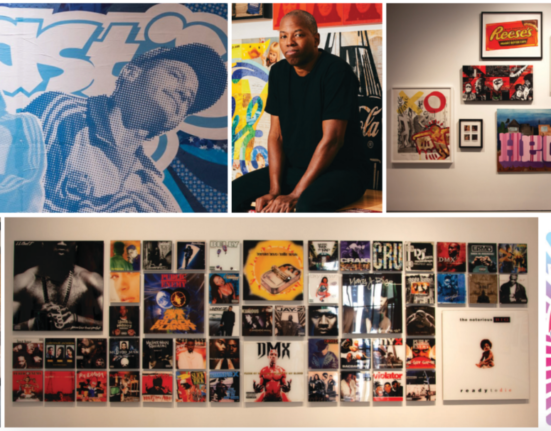The penal system in America is designed to make incarcerated people invisible. Prisons strip inmates of their individualism, ushering them around the facility as a single entity. Feelings of despair set in as they realize that they’ve been reduced to, in the eyes of the institution their lives belong to, merely an offender identification number and a jumpsuit. The only hope to regain a sense of identity lies at the end of their sentence. Some, however, do not have such hope. Two hundred thousand Americans are serving life in prison, fifty thousand of them without parole. Fifty thousand people are guaranteed to die in prison, warehoused forever by a system that forgot them. What’s keeping those people from acting on violent thoughts if they literally have nothing to lose? Nothing. It was for this reason that corrections officer Joseph Gomm was murdered in 2018. Gomm was guarding in the Stillwater prison industry when an inmate with a life sentence and personal grudge bludgeoned him to death with a blunt object.
Gomm’s death both devastated and enraged the local community, especially within the prison. Hostility between inmates and staff were at an all time high. In the midst of this tension, one of Gomm’s colleagues, former corrections officer Antonio Espinosa decided a change needed to be made. He said, “As a guard you’re always told to just stay in your lane, do what you’re told, and not ask too many questions. But I was asking a lot of questions. I was trying to figure out what I could do to bring healing after that, and I decided one way to bring about that healing would be through art.”
Espinosa started small, partnering with the administration at Stillwater prison to host educational and cultural events. This was an extremely controversial decision given the pain of Gomm’s death was still fresh in the minds of his colleagues. “I was ostracized from my peers when I was in uniform. They felt I had crossed a line; that I was working for the inmates rather than my fellow guards. But my efforts were for both.” Espinosa sought to abate the animosity between inmates and guards by giving the inmates a vehicle for self-expression. Seeing success within Stillwater, he began exploring new ways to expand his therapeutic art initiative, and thus, Art From The Inside was born.
Today, Art From The Inside is working with six Minnesota prisons. The program allows inmates to submit artwork to be displayed and purchased on artfromtheinsidemn.org and at bi-yearly exhibition galleries. Ninety percent of the profits are deposited directly into the inmates’ commissary accounts. They can use that money to purchase more supplies, help their families, or buy personal products from the commissary. But the impact Art From The Inside has had on its participants is more than financial. Giving inmates a platform to express themselves helps restore the individualism that prison stripped them of. “Art From the Inside has given voices to so many artists behind bars and are making the invisible visible again,” stated Jen Marx, one of the first participating artists at Shakopee women’s prison.
Story continues below advertisement
Many, like Marx, continue their involvement with Art From The Inside after serving their sentences. For her, it’s been a great resource for connecting with people mutually interested in art and social justice. Others have found it to be a valuable network for finding opportunities in pursuing an art career. It serves as a social safety net for people starting over after their time behind bars, and allows them to turn over a new leaf with a community of motivated artists. Jen stated, “If I Googled myself a few years ago, all I would find was my criminal record. But now after working with Art From The Inside, my name online is associated with my artwork and volunteering.”
In the future, Espinosa hopes that Art From The Inside will continue to reach more people on both sides of prison walls. A long term goal of his is accruing enough resources to provide free supplies and classes for the incarcerated to make the program more accessible. Art From The Inside will continue to work for Minnesota inmates to have a chance to express themselves, have their artwork appreciated, and see that, in the words of the founder of the Equal Justice Initiative, Brian Stevenson, “Each of us is more than the worst thing we’ve ever done.”

